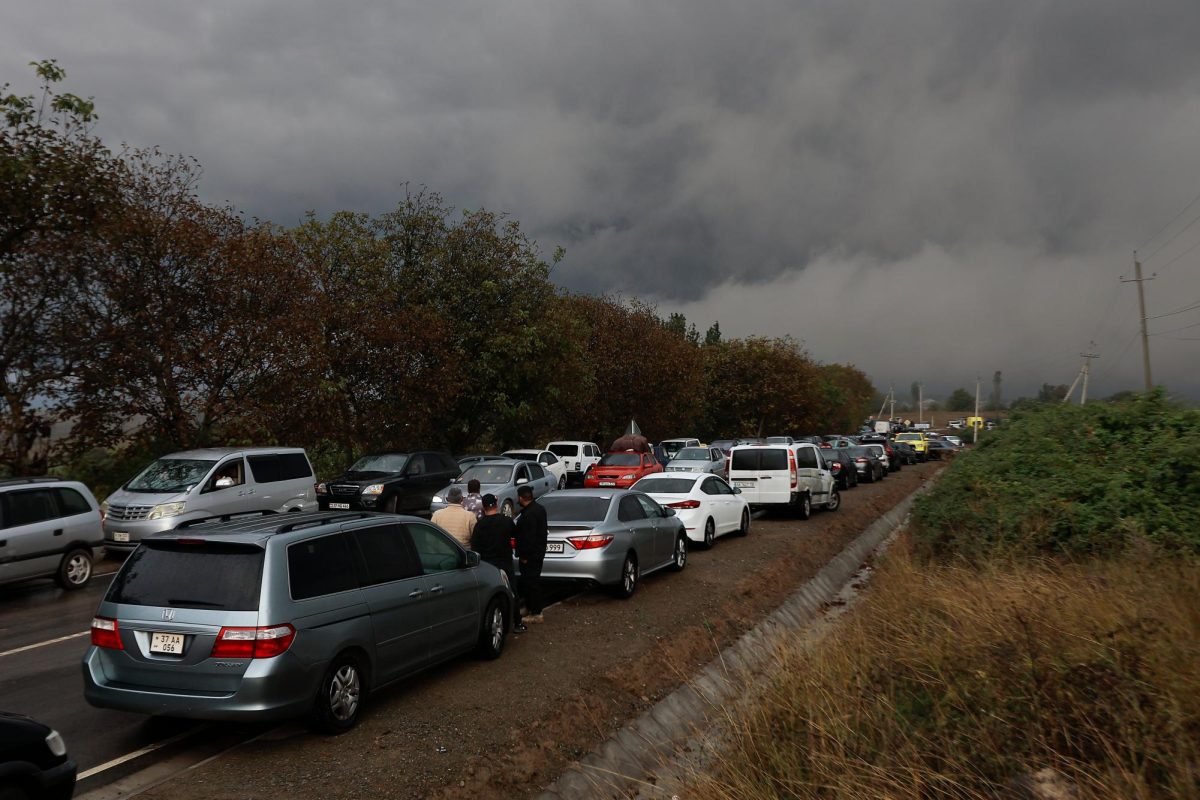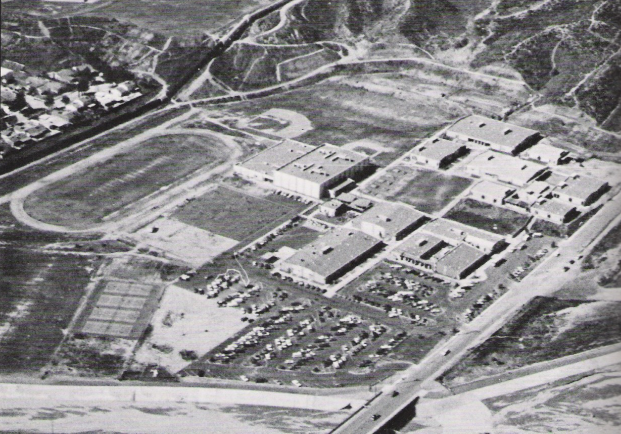Armenian natives worry that the centuries-old community in the region they refer to as Artsakh would vanish amid the months-long military siege of the area by Azerbaijan. The conflict between the two former Soviet republics over the enclave, which is inside of Azerbaijan’s internationally recognized boundaries and has housed tens of thousands of ethnic Armenians, is driven by decades of violence and territorial rivalry. Nagorno-Karabakh declared its independence with the goal of uniting with Armenia while the Soviet Union was dissolving. Tens of thousands of people were killed and hundreds of thousands were displaced as a result of the fighting that followed the proclamation. Armenia retained control of the region and seven neighboring districts after a cease-fire in 1994.
A second war broke out for more than a month, resulting in tens of thousands of displaced natives and fatalities. This time, Azerbaijan used Israeli and Turkish assault drones to retake a large portion of the area and its surroundings. Moscow, which has historically served as Armenia’s protector, broke the ceasefire and sent roughly 2,000 peacekeepers to the area. Mr. Pashinyan, Prime Minister of Armenia, said that his government had played no role in drafting the cease-fire and that it had no troops in Nagorno-Karabakh. Many of the tens of thousands of Armenians who resided there were fiercely opposed to being ruled by Azerbaijan, citing a variety of old grievances as well as concern for the consequences for those who rebelled. People seeking shelter and other assistance are camped out in the town of Goris’ center square, across the border.
Former prisoners of war who were interviewed by Human Rights Watch provided details of their time while in detention as well as the mistreatment of other POWs with whom they were kidnapped or who shared cells with them. They all spoke about beatings that were frequent. One claimed to have been stabbed with a sharp metal rod, another claimed to have received electric shocks, and claimed to have been repeatedly burned with a cigarette lighter. In the first few days of their custody, the prisoners were kept in abhorrent conditions and received little to no food and water.
“The abuse, including torture of detained Armenian soldiers, is abhorrent and a war crime,” said Hugh Williamson, a director at Human Rights Watch. “It is also deeply disturbing that a number of missing Armenian soldiers were last seen in Azerbaijan’s custody and it has failed to account for them.”
Officers regularly entered their cells, screamed at them, punched, kicked, and beat them with wooden rods. Davit said:
“I almost did not sleep there. At first, I would doze off, but they would come and beat me up so badly that I would not sleep out of fear again… They came in groups of two to four. One of them broke his wooden rod on me, hitting me so badly that I lost the use of my arm for a while. On my fourth day there, they beat me so badly that they actually broke two ribs.”













